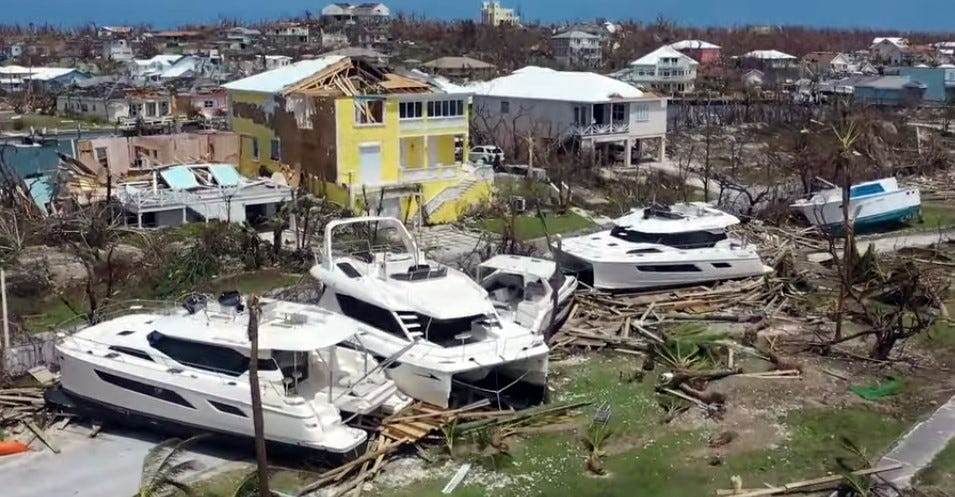Courts Turn Boat Insurance in Florida Upside Down
Federal Judges Assert That State Consumer Law Holds Sway

Federal court rulings are upending how marine insurance works in the biggest boating state in the nation. Florida has nearly 988,000 boats, and now damage claims might have to be paid even after owners have disr…
Keep reading with a 7-day free trial
Subscribe to LOOSE CANNON to keep reading this post and get 7 days of free access to the full post archives.


